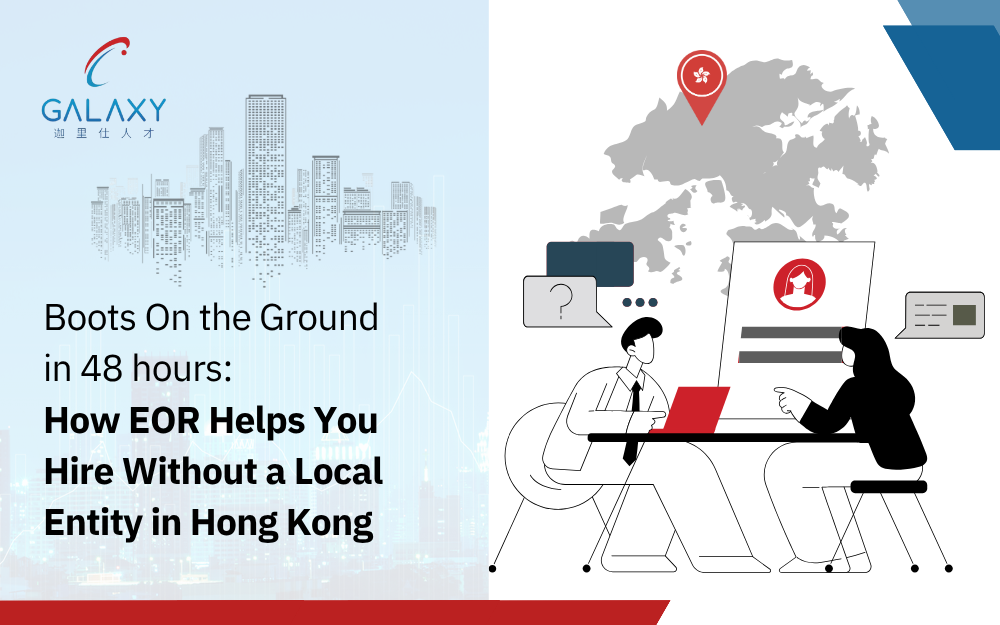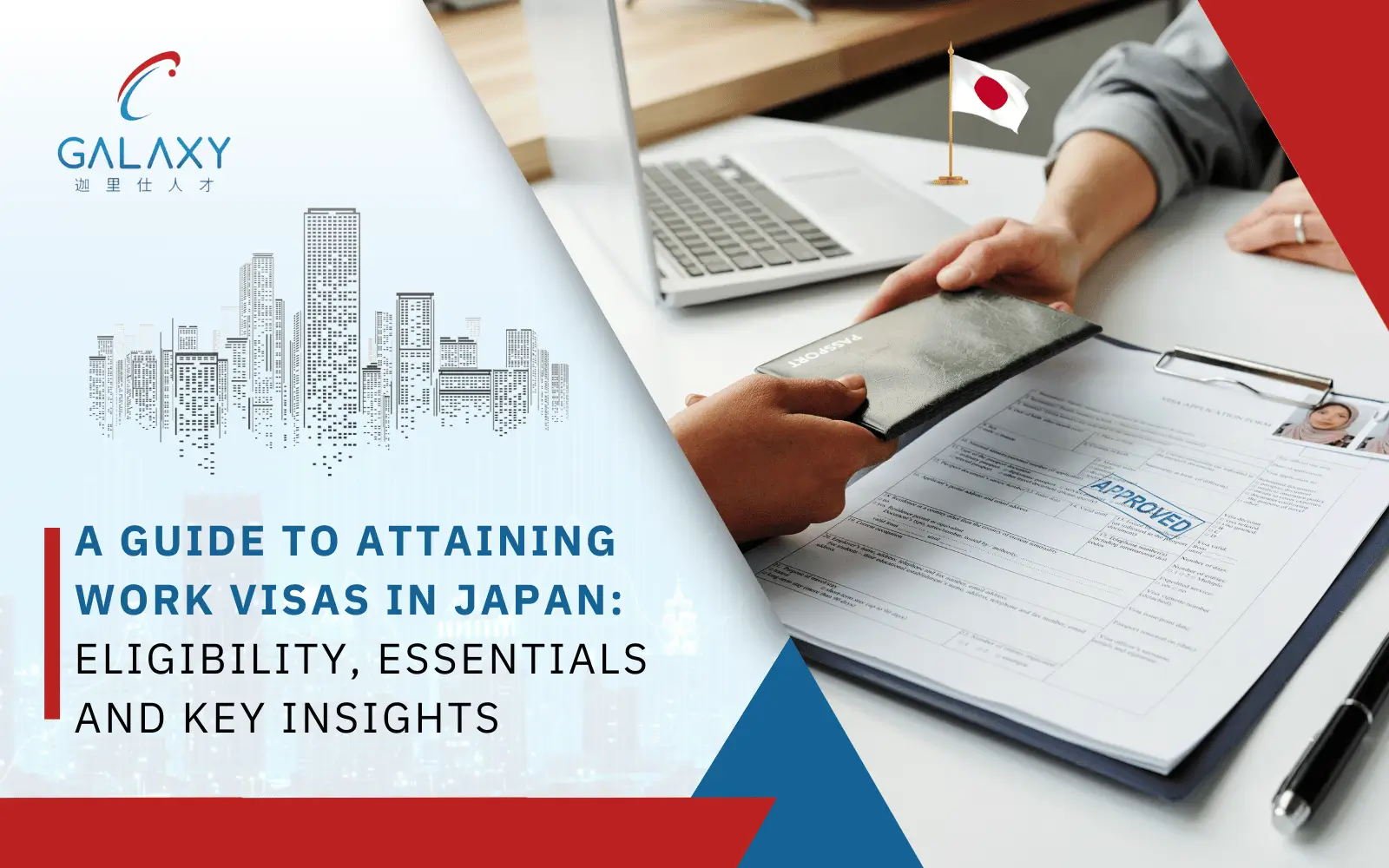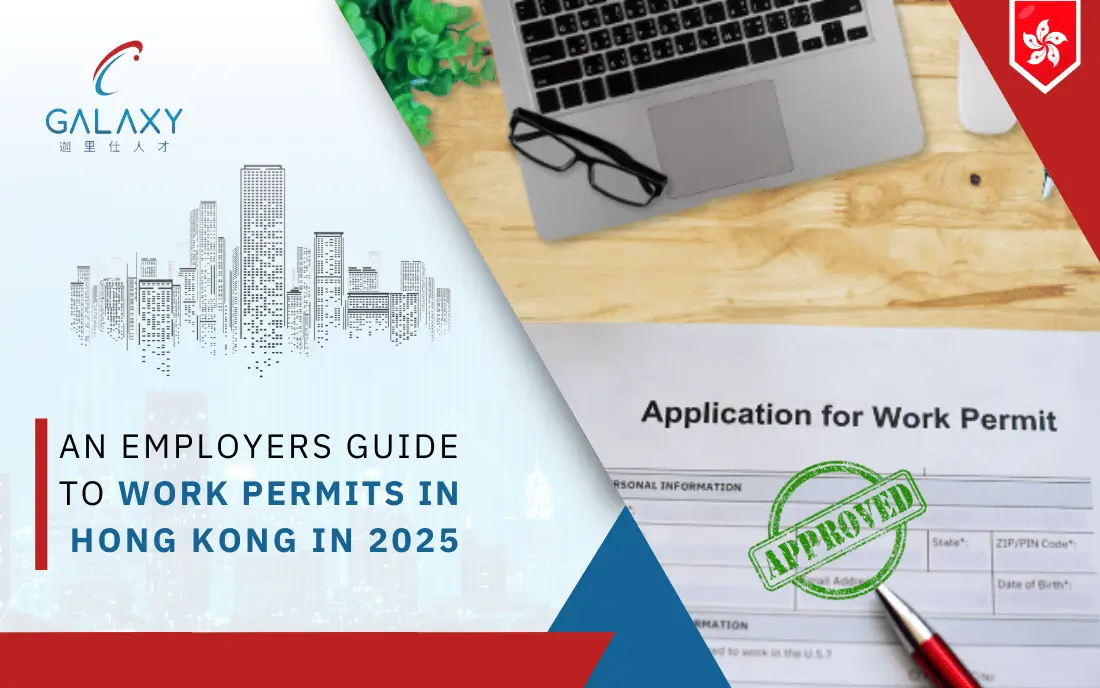Boots On the Ground in 48 hours: How EOR Helps You Hire Without a Local Entity in Hong Kong

Looking to expand into Hong Kong’s fast-paced market without the long lead time?
As a global financial hub with high English proficiency and a strategic location in Asia, Hong Kong is a magnet for international businesses. But setting up a local entity and navigating employment regulations can be time-consuming and complex—especially for companies unfamiliar with the region.
That’s where an Employer of Record in Hong Kong becomes your growth partner. By legally employing talent on your behalf, EORs enable rapid recruitment in Hong Kong, handling everything from compliant contracts to local payroll services. For example, employers are only required to contribute 5% to the Mandatory Provident Fund (MPF)—making payroll services hong kong relatively straightforward.
In a competitive talent market where top candidates expect generous compensation and smooth onboarding, partnering with an EOR ensures you can hire quickly, compliantly, and confidently—without establishing a legal entity. This infographic breaks down how EOR solutions accelerate your hiring strategy and simplify cross-border expansion into Hong Kong.

Want to Build Your Dream Team in Hong Kong?
Let our EOR experts help you hire top-tier talent without setting up a local entity.




